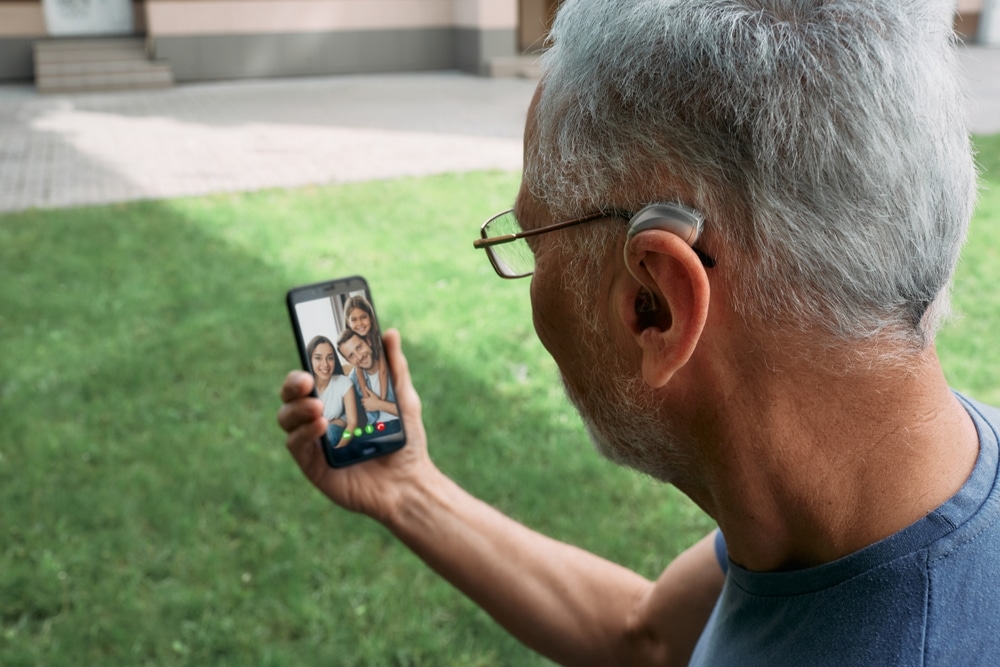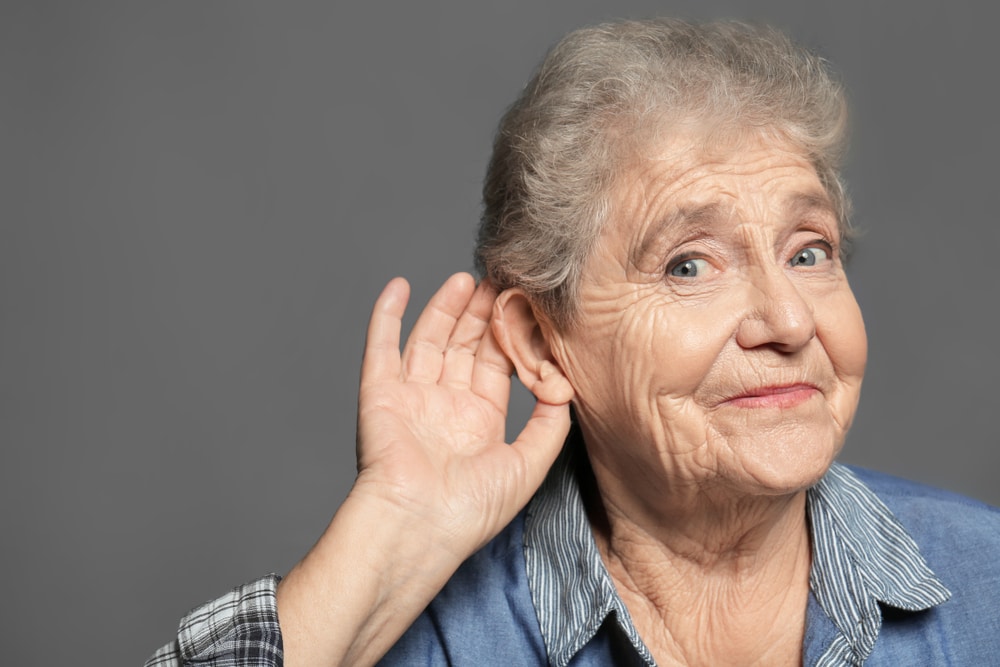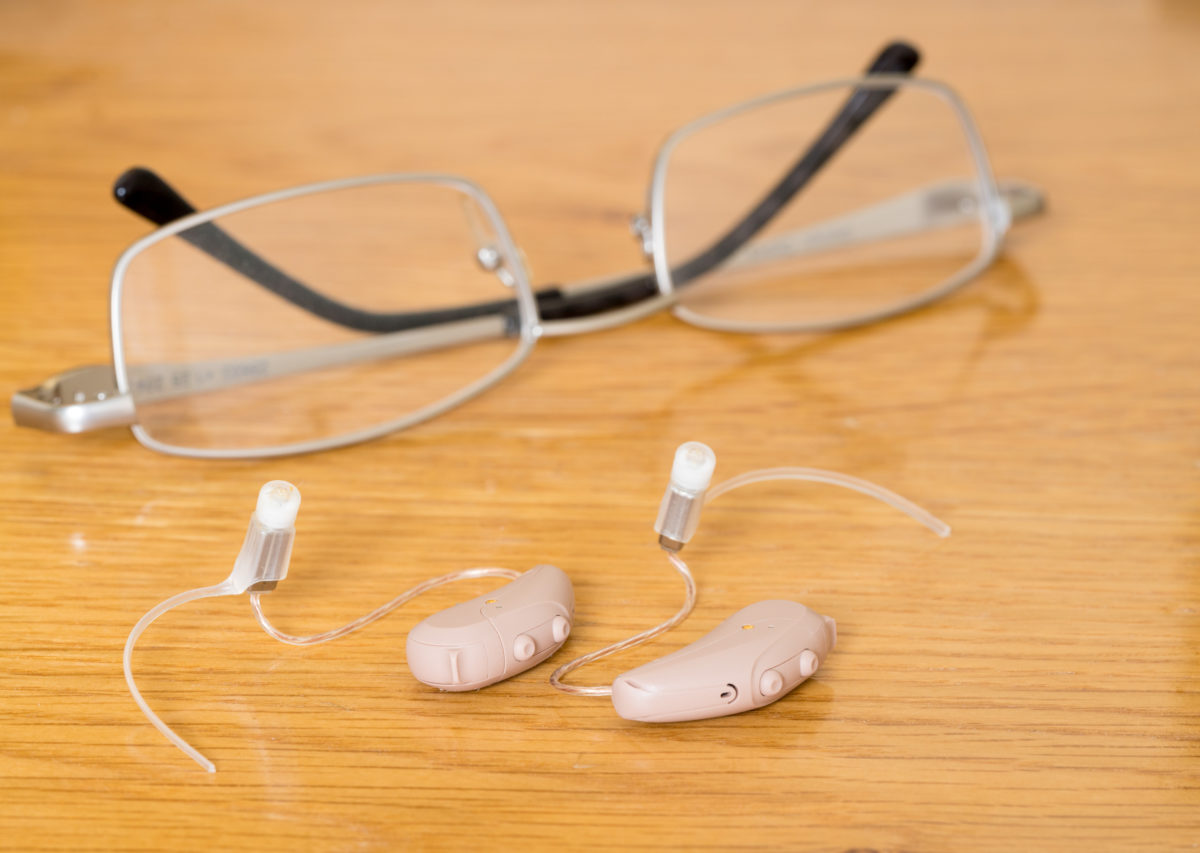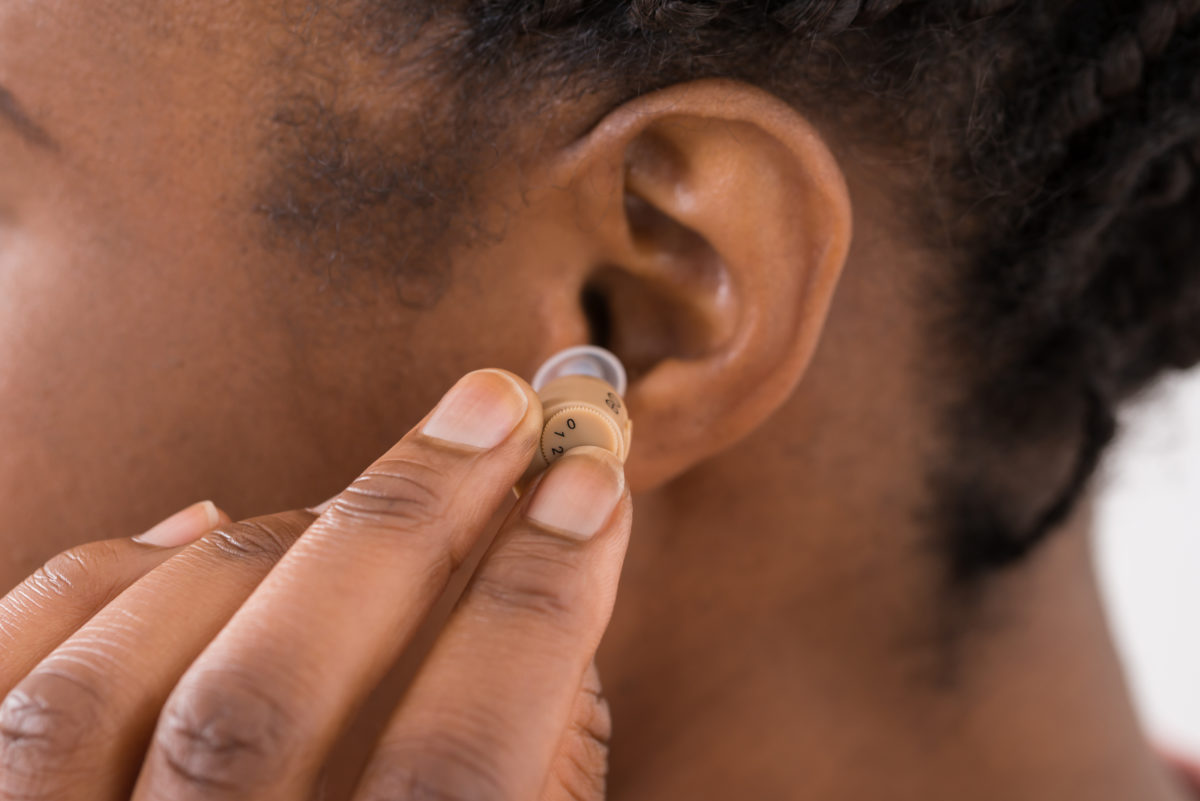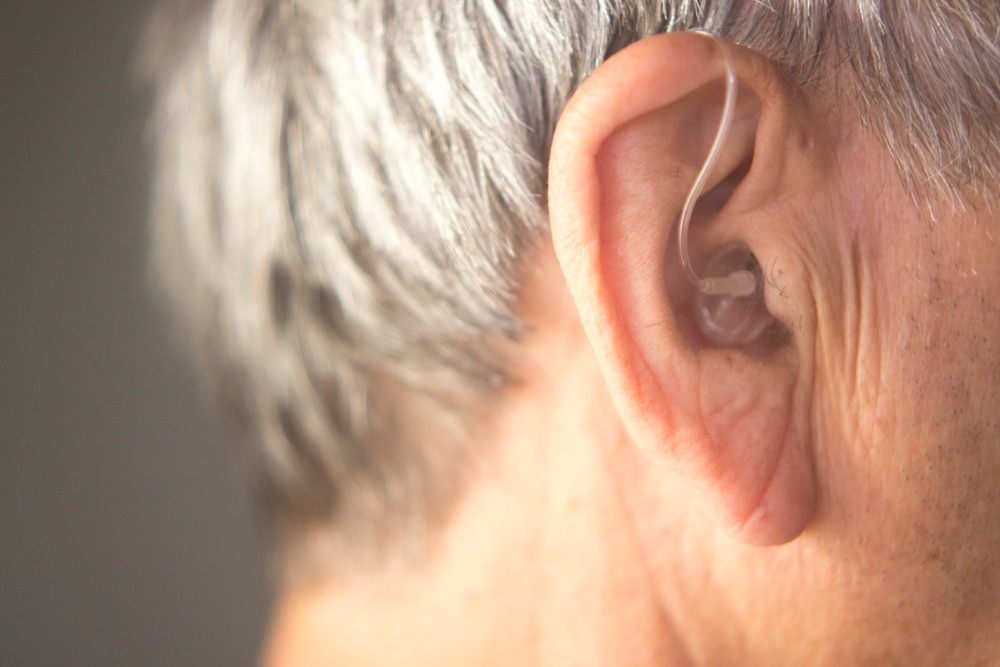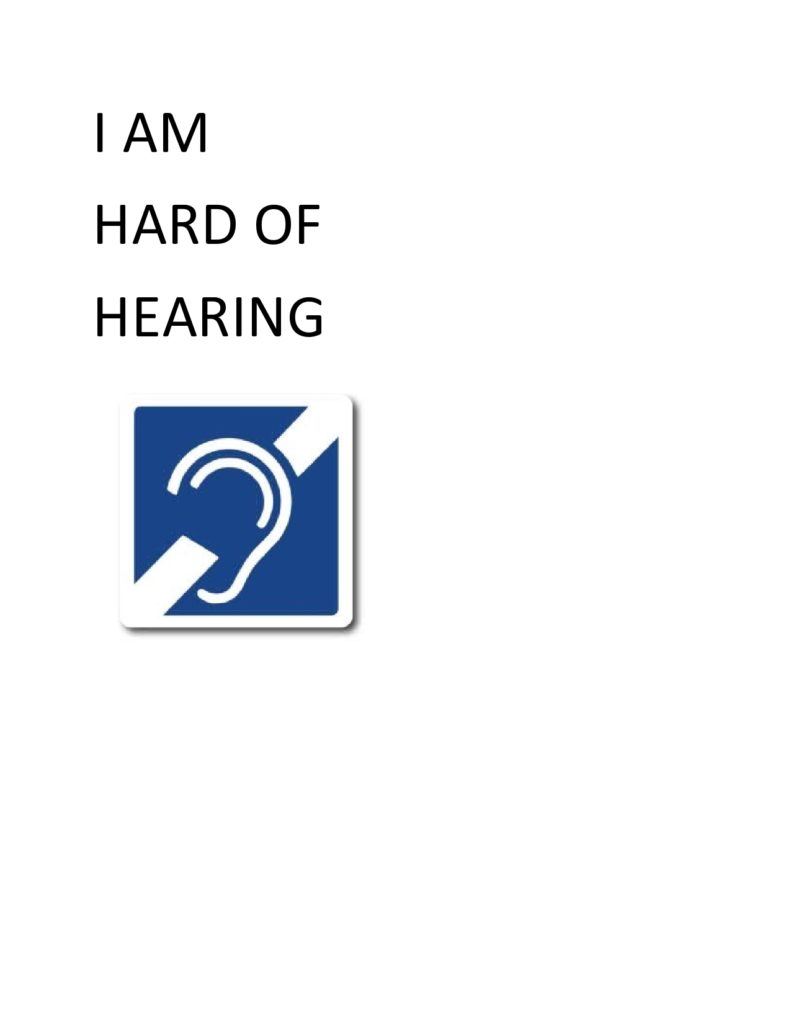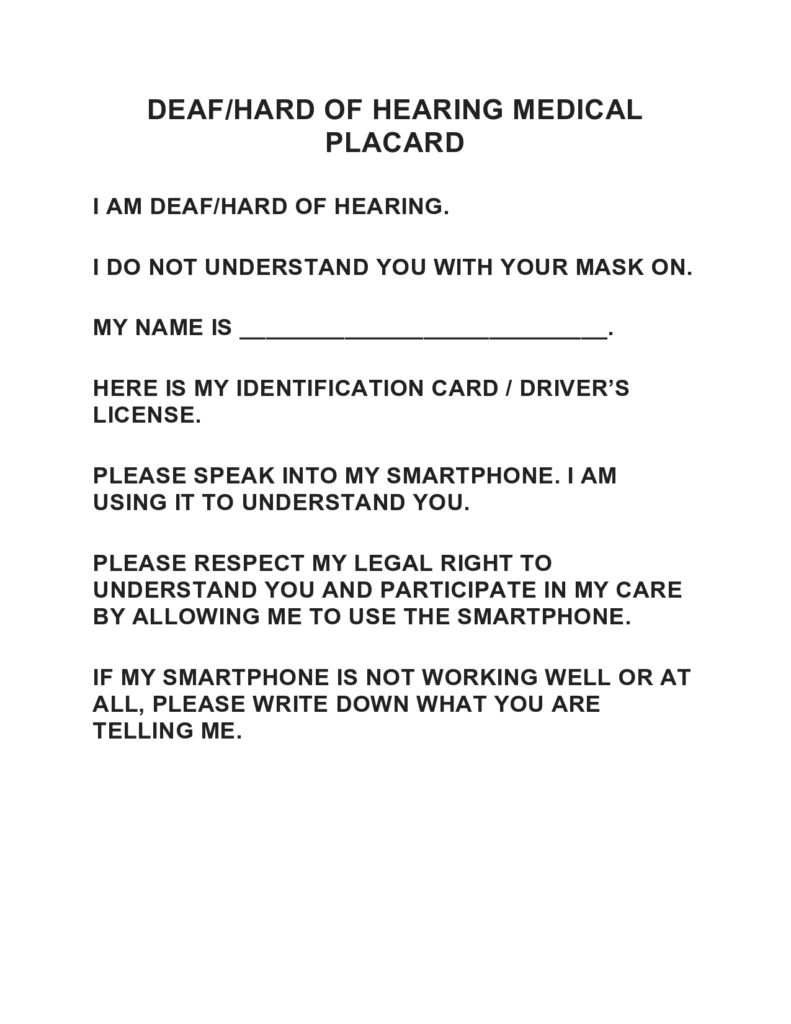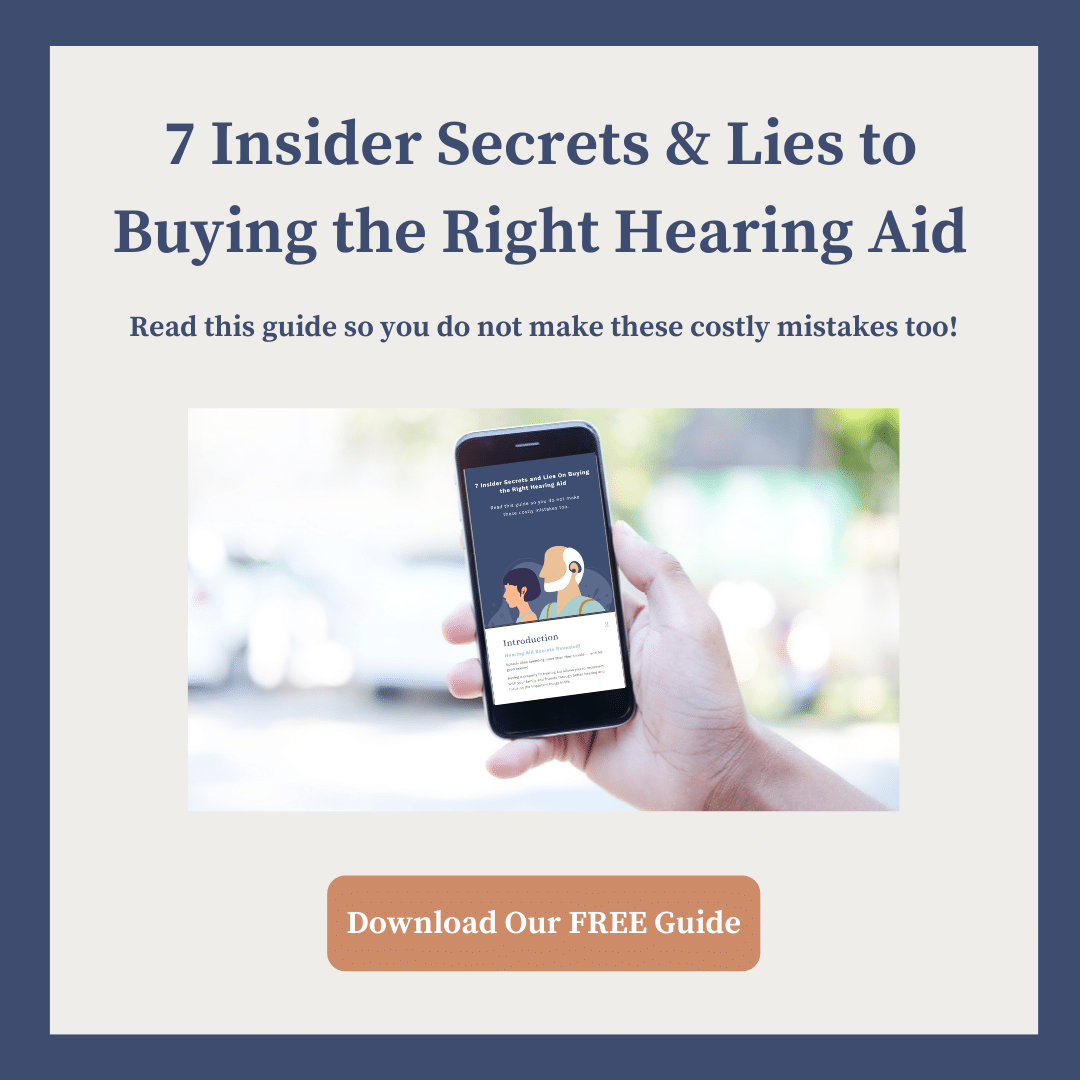At Hearing Doctors of New Jersey, we provide expert hearing services to meet a variety of needs. With the help of one of our Doctors of Audiology you can explore your treatment options for hearing loss and begin to live your best life again. Here are some of our hearing services available in the greater Springfield, NJ area.
Adult Hearing Assessments
A hearing assessment is the first step toward better hearing. During a comprehensive hearing assessment, one of our Doctors of Audiology will perform testing to measure your hearing loss, explore possible causes, and discuss the next steps in your treatment program. At Hearing Doctors of New Jersey, we use the latest technologies and testing methods to get a complete picture of your hearing ability and use it to make informed medical decisions about your hearing treatment program.
Hearing Aids
At Hearing Doctors of New Jersey, you can find everything you need to purchase, maintain, and fit your hearing aids. Our team offers the expertise and knowledge you need to ensure that your advanced hearing technology is prescribed to your exact needs. We work with the following hearing aid manufacturers:
- Oticon
- Starkey
- Widex
- Phonak
- ReSound
Hearing Aid Repairs & Fittings
Getting the most out of your hearing aids requires a knowledgeable Doctor of Audiology. In Springfield, we are one of the leading hearing aid service providers and can help ensure your hearing aids continue to work the way they should. Whether you need repairs or fitting, our team can offer a full complement of hearing aid services.
Central Auditory Processing Evaluation
At Hearing Doctors of New Jersey, we take a personalized approach to testing for central auditory processing disorders (CAPD). Our comprehensive testing protocol will identify whether you or your child have an auditory processing disorder. Once the testing has been completed, we will work with you and other education and medical professionals to provide an individualized treatment program that works.
H.E.A.R. MethodTM Treatment Program
At Hearing Doctors of New Jersey, you can find the most comprehensive solution to hearing loss in Springfield, NJ and the greater Livingston area. With our proprietary H.E.A.R. MethodTM Treatment Program, you’ll get ongoing, thorough care that addresses your specific hearing needs and uses the most advanced technologies available.
Schedule an Appointment
To learn more about our hearing services in Springfield and what you can expect from Hearing Doctors of New Jersey, schedule an appointment today by calling or filling out our online form.
About Springfield, NJ
Springfield, New Jersey is famously home to the Baltusrol Golf Club, which hosts several major golf championships including the PGA Championship. Additionally, Springfield was the site of the Battle of Springfield during the American Revolutionary War, one of the many battles fought around New Jersey. Springfield is a township in Union County and one of the fastest growing townships in the country as of the 2020 census. Springfield is located 6 miles from our Livingston office.
